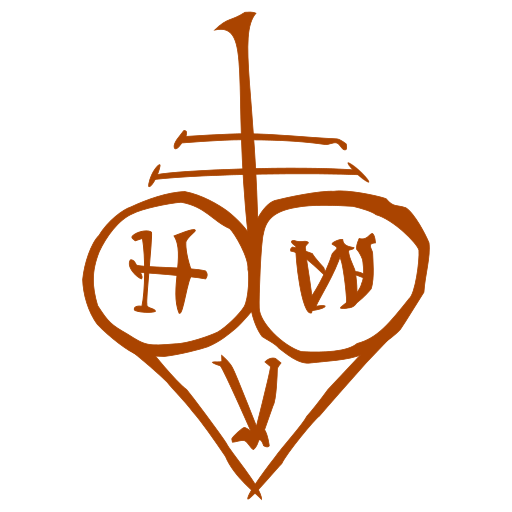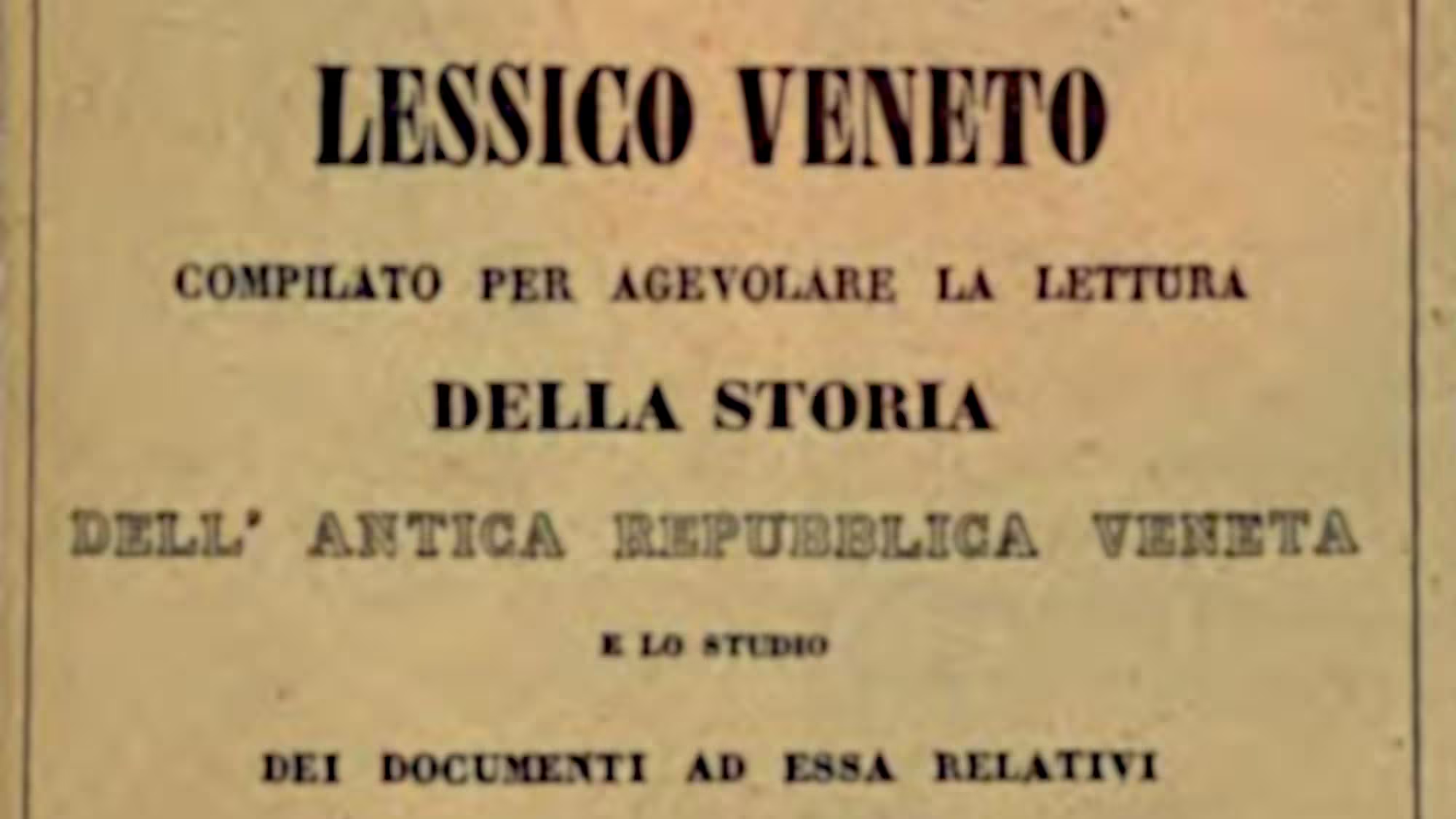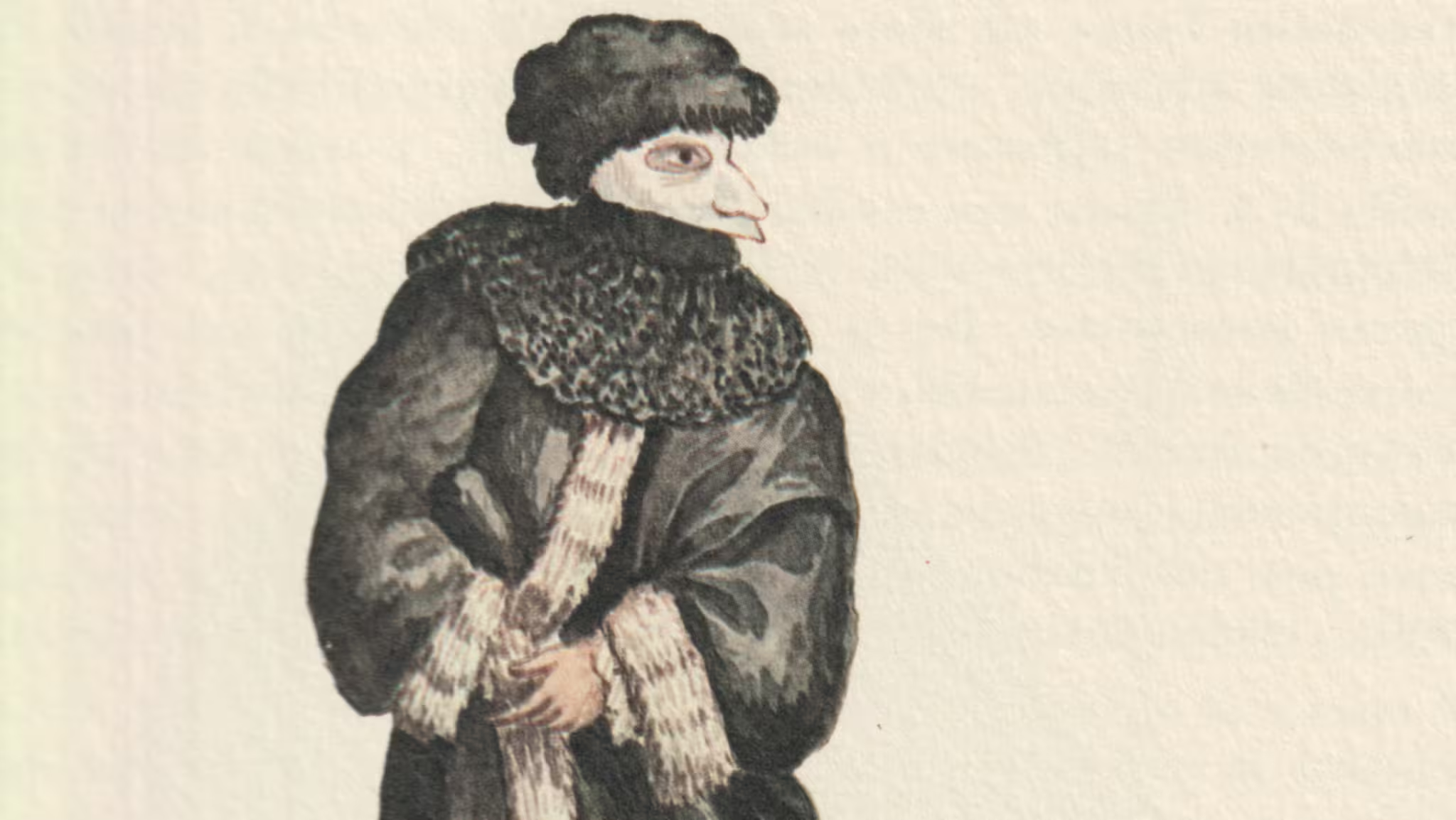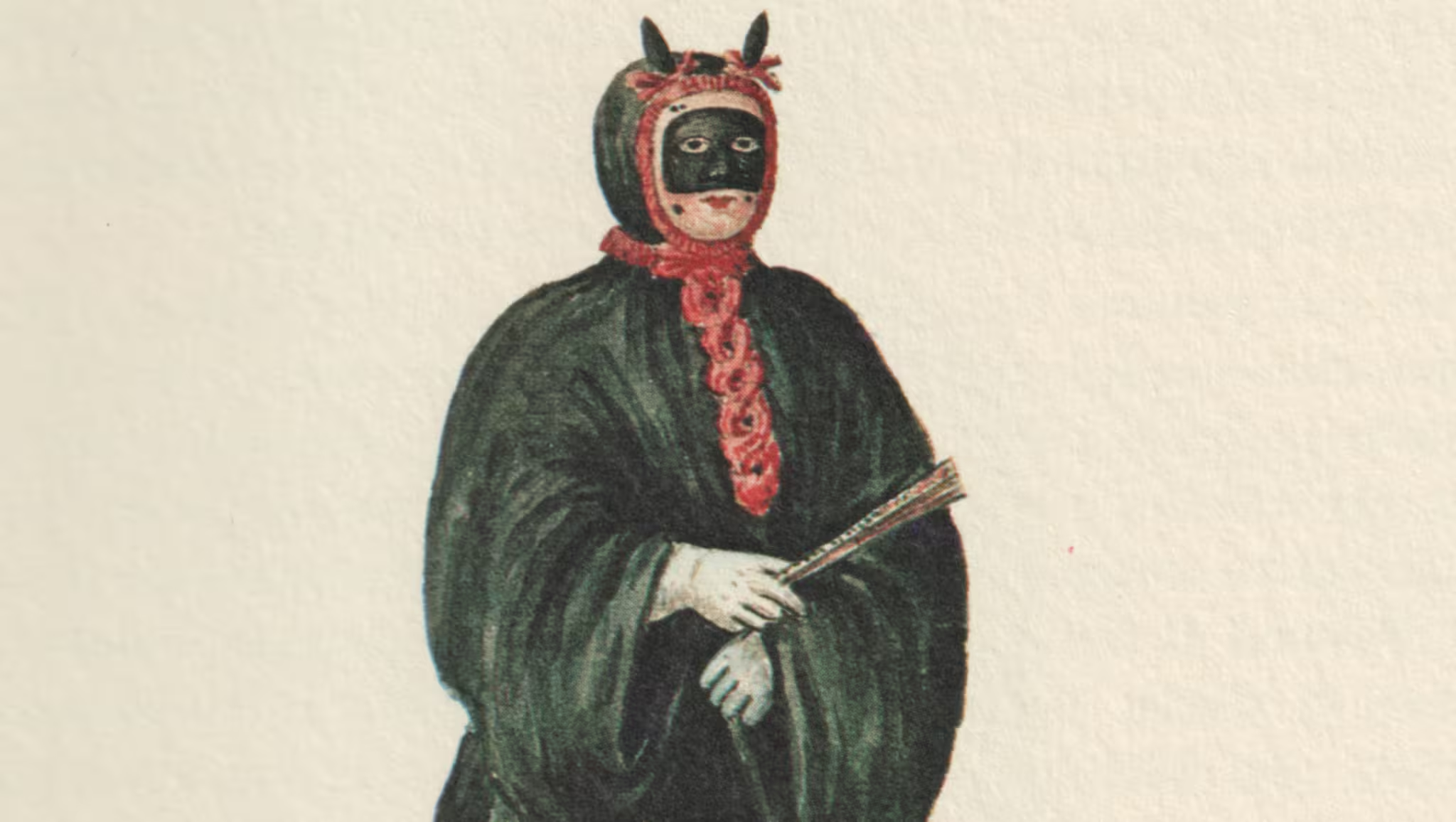Inquisitori di Stato
The Lessico Veneto (Venetian Vocabulary) by Fabio Mutinelli was published in 1851. It is an invaluable tool for anybody who reads texts from the time of the Republic of Venice.
Fabio Mutinelli (1797-1876) was director of the I. R. Archivio Generale di Venezia (1847-1861), and a prolific writer on the history of Venice.
INQUISITORI DI STATO. There were three, two chosen by the Council of Ten, one by the Signoria. Established, as is believed, in the fifteenth century, they were declared permanent with the decrees of 20 September 1539, and 19 April 1583 to supervise crimes against the state and propagators of public secrets: the unanimous vote of the three was a sentence, which was published in the Maggior Consiglio. ¶
These three proceeded rapidly in the examination and trial, so their archive does not offer a mass of papers or documents of great importance, as is universally, and quite erroneously, estimated. ¶
The room of the State Inquisitors was in the ducal palace, near the armament rooms of the Council of Ten, and had the walls covered with golden leather, and the ceiling also with gold, very vaguely and richly, divided. Opposite the door through which one entered, the Inquisitors stood on a platform three steps tall, with a large walnut bench in front of them, which due to its age looked better than ebony, and they sat on high chairs covered in black leather with large studs of gilded brass; therefore there were not, as a learned and noble writer of ours rightly observes, those dark curtains, those black tapestries, those yellow torches imagined by foreigners, and believed by any Venetian who allowed himself to be duped by foreigners: in any case V. Canal dell’Arco and Veleno. ¶
Considering, in the eighteenth century, that some abuses had been introduced among the State Inquisitors, the Correctors, in the year 1762, proposed to the Maggior Consiglio, and this approved: ¶
« that the Council of Ten shall retain the firm and valid broad authority to issue orders and decrees, for what belongs to it, conceded it with law of 1335, declared with another of 1628 and endorsed by a third of 1667, save, however, for the decrees of the Maggior Consiglio, which by the sole authority of that itself can be changed. ¶
To the Council of Ten shall continue to belong knowledge of the grave and criminal cases in which Noblemen may intervene as offenders or offended, with the faculty to delegate to the Magistrates named by the law of 1628 those minor cases in aforesaid matters where Noblemen may partake, save for the faculty over the same Noblemen in their respective matters by the Consiglio Maggiore, and by the Ten conferred on other Councils, Presidencies and Magistrates. ¶
In the Council of Ten with the ancient and necessary leadership of the Tribunal of the three Heads, and of the Magistracy of the three Inquisitors whose authority is derived thereof, and by its order instituted for the fulfilment of the most serious inspections imposed on it by the Maggior Consiglio in support of the State, and of the public freedom, shall continue to be entrusted the care of, and the authority for the tranquillity, discipline and moderation of the Nobles, and the observance of the laws concerning the most essential objects of State; which unfortunately consists in the dignity of the Principality, in the honour and reverence of the subjects, in the esteem of foreigners the subsistence and happiness of the Republic. »
Translator’s notes
The pilcrows ¶ mark paragraph breaks, which I have added for readability. They are not in the original, which, however, has some very long paragraphs.
Original text
INQUISITORI DI STATO. Erano tre, due scelti dal Consiglio dei Dieci, uno dalla Signoria. Instituiti, come si crede, nel decimoquinto secolo, dichiarati furono permanenti coi decreti 20 settembre 1539, e 19 aprile 1583 per soprantendere ai rei di Stato, e ai propagatori di pubblici segreti: il voto concorde dei tre era sentenza, che si pubblicava nel Maggior Consiglio. ¶
Questi tre procedevano nell’ esame e nel processo rapidamente, laonde l’archivio loro non offre farragine di carte, nè documenti di grande importanza, come universalmente, e ben erroneamente, si stima. ¶
La stanza degl’ Inquisitori di Stato era nel palazzo ducale, presso le sale di armamento del Consiglio dei Dieci, ed avea le pareti coperte di cuoi d’oro, ed il cielo pure ad oro, molto vagamente e riccamente, compartito. Dirimpetto alla porta per cui si entrava stavano gl’ Inquisitori sopra un palco alto tre gradi, avendo innanzi un grande banco di noce, che per la sua vetustà meglio di ebano appariva, e sedevano sopra seggioloni coperti di nera pelle con grandi borchie di ottone dorato; dunque non v’erano, siccome giustamente osserva un dotto e gentile nostro scrittore, quelle oscure cortine, quelle nere tappezzerie, quelle torcie gialle immaginate dagli stranieri, e ritenute da alcun Veneziano che si è lasciato abbindolare dagli stranieri : ad ogni modo V. Canal dell’ Arco e Veleno. ¶
Reputandosi, nel decimottavo secolo, che introdotti si fossero presso gl’ Inquisitori di Stato alcuni abusi, i Correttori, nell’ anno 1762, proponevano al Maggior Consiglio, e questo approvava : ¶
« che resti al Consiglio de’ X ferma e valida l’amplissima autorità di far ordini e decreti per quello gli appartiene, concessagli con legge 1335, dichiarala con l’altra 1628 e lodata con la terza 1667, salvi però i decreti del Maggior Consiglio, che dalla sola autorità di se medesimo possono esser alterati. ¶
Al Consiglio de’ X continui ad appartenere la cognizione de’ casi gravi e criminali, ne’ quali intervenissero Nobili così offensori, che offesi, con la facoltà di rimettere alli Magistrati nominati dalla legge 1628 quei casi minori nelle suddette materie ove entrassero Nobili, salva la facoltà sopra i Nobili stessi nelle respettive loro materie dalli Consigli Maggiori, e da’ X conferita ad altri Consigli, Presidenze e Magistrati. ¶
In esso Consiglio dei X con l’antico e necessario presidio del Tribunale de’ suoi tre Capi, e del Magistrato delli tre Inquisitori dalla di lui autorità derivati, e dalle sue ordinazioni instituiti per l’adempimento delle gravissime ispezioni impostegli dal Maggior Consiglio a sostenimento dello Stato, e della pubblica libertà, continui ad esser riposta la cura, ed autorità circa la tranquillità, disciplina e moderazio ne de’ Nobili, e circa la osservanza delle leggi concernenti gli oggetti essenzialissimi di Stato; nel che consistono pur troppo per la dignità del Principato, per l’onore e riverenza de’ sudditi, per la estimazione degli stranieri la sussistenza e felicità della Repubblica. »
Mutinelli, Fabio. Lessico veneto che contiene l'antica fraseologia volgare e forense … / compilato per agevolare la lettura della storia dell'antica Repubblica veneta e lo studio de'documenti a lei relativi. Venezia : co' tipi di Giambatista Andreola, 1851, p. 209-210.
Related articles
- Inquisitori di Stato — ASV Indice
- Inquisitor — Dizionario
- State institutions of the Republic of Venice
- Chronology of major Venetian state institutions




Leave a Reply